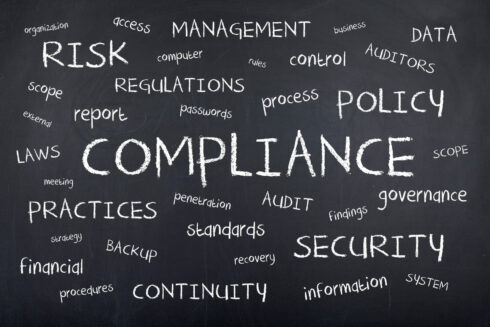
Red Hat is introducing ‘policy-as-code’ with its Ansible Automation platform to help enforce compliance within hybrid cloud environments that are leveraging an increasing number of applications powered by artificial intelligence (AI).
The technical preview is to be available in the months ahead, the company said in its announcement.
As IT operations feel the growing pressures created by a skills shortage, ever-increasing demands for greater efficiencies in processes and costs while delivering products and solutions more rapidly, the need for AI to manage policies across expanding workloads is critical. In an article announcing the new capability, Red Hat wrote that “policy as code involves writing operational policies and best practices into automation code, so that internal requirements, security needs, and granular mandates are built into every process.”
“Applying compliance directives to mission-critical systems before they become AI-centric is vital, given that they are typically the most impacted by compliance mandates that dictate system security, performance and auditability,” Red Hat wrote in its announcement. “Automating policy as code will help customers better position themselves to operate IT in accordance with specific governance, risk and compliance (GRC) requirements.”
The Ansible Automation platform provides automated audit reporting and lets organizations feel more confident to create AI solutions that comply with company standards and industry regulations.
“Automation is a critical component of enterprise IT and AI is a natural progression of automation. It has become clear that AI will be the most transformative technology in our lifetimes,” Satish Balakrishnan, vice president and general manager of Ansible at Red Hat, said in the announcement. “The race to adopt and scale AI workloads in tandem with hybrid cloud creates more complexity and sprawl. Policy as code helps bring order to this sprawl, both current and potential, by enforcing critical compliance standards as AI generated applications and systems arise, making automation a truly strategic component in AI evolution.”







